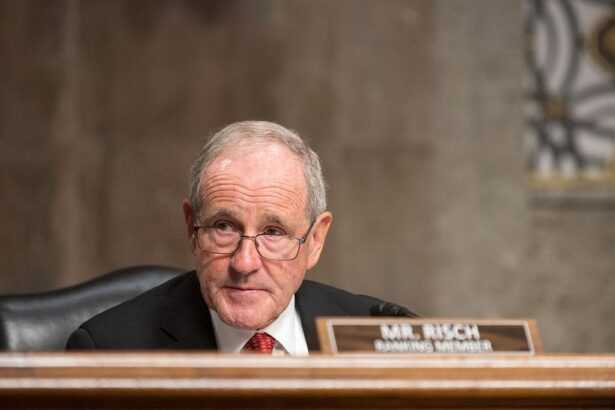U.S. Senator Demands Ghana Repay $251 Million Debt to American Companies Before IMF Loan Approval
U.S. Senator James E. Risch, Ranking Member of the Senate Committee on Foreign Relations, has urged Treasury Secretary Janet Yellen to ensure Ghana repays $251 million owed to American businesses before receiving further assistance from the International Monetary Fund (IMF).
In a letter highlighted by Myjoyonline.com, Senator Risch expressed concerns about the pending $3 billion IMF loan to Ghana, citing unpaid arrears to companies such as Twin City Energy, American Tower Company, Kosmos Energy, and Zipline.
Financial Strain on U.S. Businesses
“It is my understanding that the government of Ghana owes approximately $251 million in outstanding payments to American companies,” Senator Risch wrote. He noted that these unpaid debts are placing significant financial strain on U.S. businesses operating in Ghana, with some of the investments backed by U.S. taxpayers through the Development Finance Corporation (DFC).
“These unpaid debts place substantial financial strain on U.S. businesses in Ghana and jeopardize their operations and investments,” Risch stated, urging the IMF to make any future loan disbursements contingent upon Ghana establishing a concrete repayment plan.
Proposed Conditions for IMF Assistance
The Senator recommended auditing and enforcement measures to ensure Ghana repays its debts, suggesting that portions of the IMF loan be allocated specifically to clear arrears. He warned that failing to address this issue could harm U.S. businesses, set a harmful precedent for other borrowers, and increase Ghana’s reliance on international aid.
Prioritizing Debt Repayment
Senator Risch emphasized the importance of resolving this issue ahead of the IMF’s upcoming review of Ghana’s Extended Credit Facility. He called on the U.S. to leverage its position as the IMF’s largest shareholder to protect American business interests while ensuring greater accountability in international financial assistance.
This development adds a layer of complexity to Ghana’s ongoing negotiations with the IMF as it seeks to stabilize its economy amid mounting debt and financial challenges.
